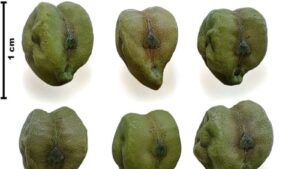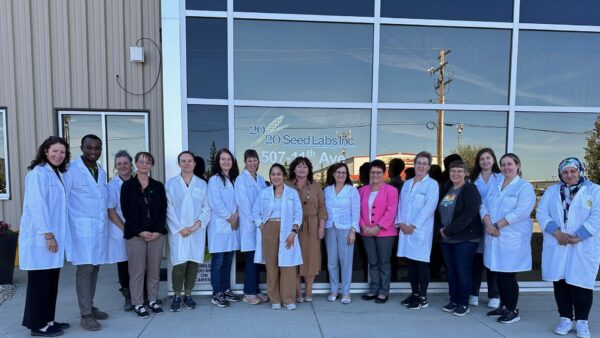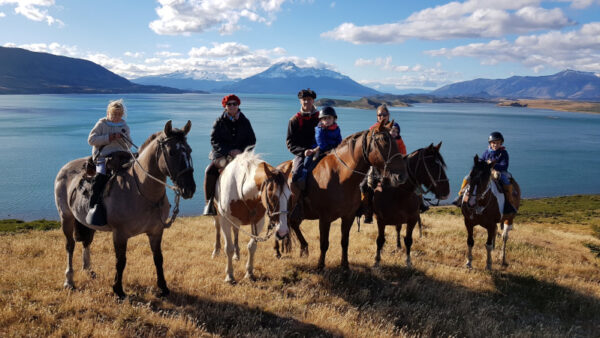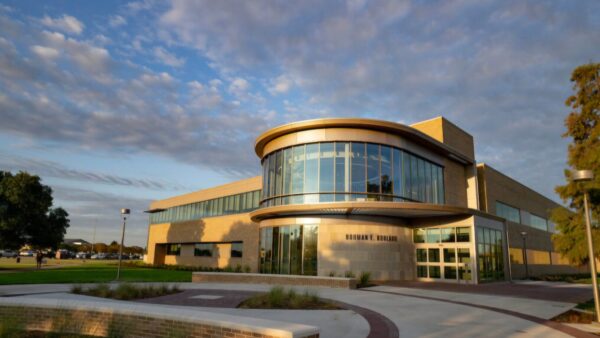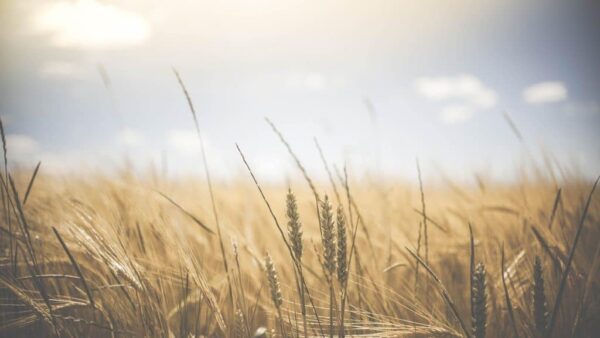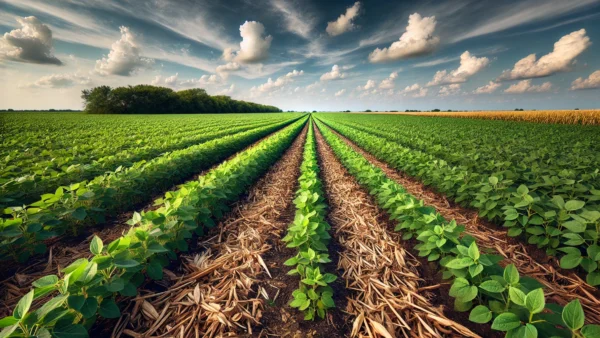Just because a seed is small, doesn’t mean there’s not a big body of knowledge behind it.
Reclamation species are all small seeded but mean big business in the world of seed. As these species continue to thrive and create major revenue for seed companies, those who deal in them and plant them need to know that there are experts available to help deal with any problems that may arise when working with them, says Morgan Webb, senior seed analyst at Seed Check Technologies in Leduc, Alta.
In fact, there’s a variety of questions you can ask a seed lab that will tell you whether or not that lab has what it takes to specialize in small-seeded crop kinds.
How much experience do they have in working with these crops? This is a big one, Webb says. You don’t get expertise in something unless you have practical experience with it. “We do a lot of testing for purity and germination of reclamation species, for example,” Webb says.
What are challenges associated with testing small-seeded crop kinds? Webb says that anyone who claims to be an expert in these crop kinds should have a good answer for this. In his opinion, there are three main ones.
- Reclamation species can be very difficult to identify. “There’s a lot of lookalike species in these crop kinds,” Webb says. Reclamation species can be classed into four main categories: grasses, sedges/rushes, forbes and shrubs. When it comes to identification, there can be a lot of room for error.
- The quantities of seed analyzed can be large and time consuming to work with. While many seed testing labs specialize in working with agronomic seed, reclamation seed is a specialized area.
- Special dormancy and germination skills are needed. Webb says: “It is so important with native species to identify viability with special knowledge and testing methods.”
- There can also be confusion between crop kinds on the Canadian grade tables versus reclamation species as well, Webb says. “We’ve seen tickelgrass that seed companies have bought and it turns out that somewhere along the way, whether intentionally or not, they have bought a crop kind that’s not worth as much. It might be a bent grass instead, whereas a ticklegrass is worth more money because it’s rarer. It’s important you use a seed lab with experience so you know what you’re buying and selling.”
What’s behind the growing need for reclamation species? According to Webb, anyone with specialized knowledge of reclamation species should know what’s fuelling the demand. Good seed analysts are plugged into the industry. “What often results in demand for reclamation species is the fact governments are often looking to put species back in the ground that are native to an area. What’s old is new again, and people are looking to put species back that used to grow native to a community,” Webb says.
There’s also the rising awareness of pollinator health — many reclamation species are ideal for bees and other pollinators.
The bottom line: there’s no substitute for a seed testing lab that has built up solid expertise in working with and identifying reclamation species (and also forage and turfgrass). A lab that knows what it’s doing with regard to small-seeded crop kinds can work with them faster and more accurately, saving you headaches and money at the end of the day.



